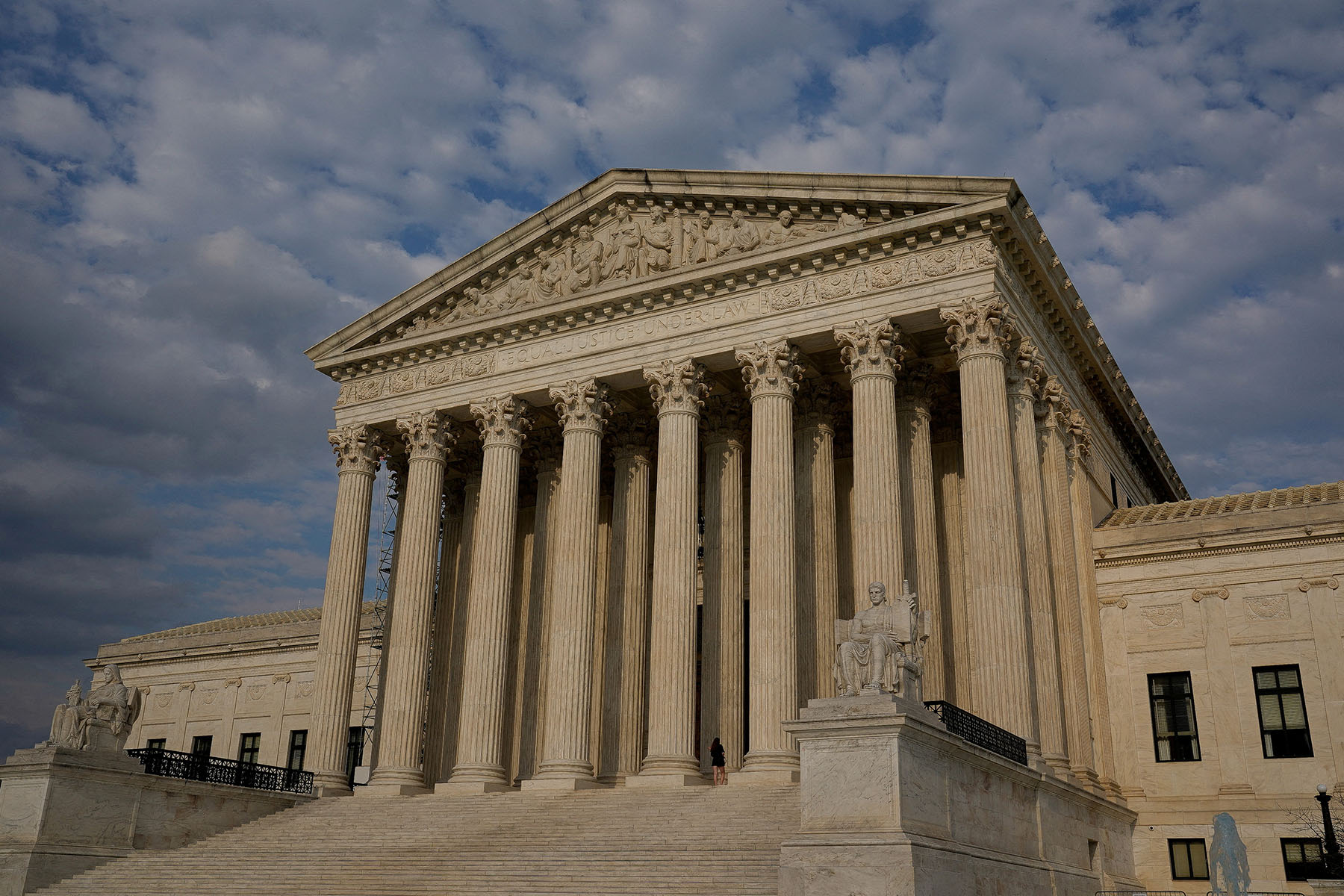Professor Sues Mayo Clinic For Alleged Retaliation For Media Interviews
Mayo is a private college, but the lawsuit argues that the professor's punishment is in direct conflict with Mayo’s free speech and academic freedom policy.
Musk’s X Sues Liberal Advocacy Group Media Matters Over Its Report On Hate Groups’ Posts
Advertisers have been fleeing the site formerly known as Twitter over concerns about their ads showing up next to pro-Nazi content and hate speech on the platform.
Colorado Judge Finds Trump Engaged In Insurrection But Rejects Ballot Challenge
The decision by District Judge Sarah B. Wallace is the third ruling in a little over a week against lawsuits seeking to knock Trump off the ballot by citing the 14th Amendment.
Federal Appeals Court Appears Inclined to Reimpose Restrictions on Trump’s Trial Speech
The judges wrestled with how to craft a gag order that doesn’t infringe on the former president’s free speech rights or prevent him from defending himself on the campaign trail.
Group Asks Michigan Supreme Court To Hear Appeal of Ruling in Trump Ballot Case
Filings late Thursday afternoon seek an “immediate and expedited consideration” for appeal and an “emergency application” to bypass the state Appeals Court.
Ron DeSantis Appointees Seek Disney Communications About Florida Governor
The request for documents and communications was made Thursday by the Central Florida Tourism Oversight District, now controlled by DeSantis appointees.
Florida University System Sued Over Effort To Disband Pro-Palestinian Student Group
Chancellor Ray Rodrigues had ordered schools to disband chapters of Students for Justice in Palestine, saying the national organization supports terrorism.
Supreme Court Won’t Allow Florida To Enforce Its Anti-Drag Show Law During Appeal
Florida had asked the court to allow the law to be enforced everywhere except at the Hamburger Mary’s restaurant in Orlando, which challenged the law’s constitutionality.







